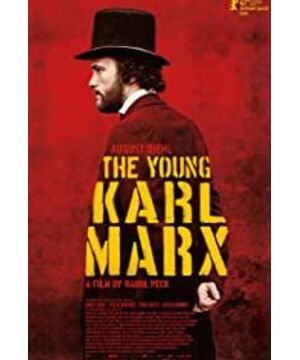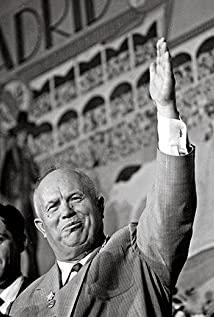It feels like a movie made by West Malaysia…………………………
Because Lenin, Stalin and Mao Zedong, and the tremendous efforts made by the people of China and the Soviet Union for the revolution are not included in the last historical silhouette, the only people who appeared in this silhouette were Khrushchev and the end of the Cold War...
And...the film lacks the struggle, feels that the bourgeoisie and the working class are imaginary in this film, living only in the first conflict and the following lines, and the description of the proletariat is unclear, or It is not clear at all that the capitalists' exploitation of workers is so extreme that this movie only describes the struggle between utopian socialism and scientific socialism, without explaining in detail how scientific socialism was born... ………Although I do not oppose the love bridge, I think that instead of taking time and effort to describe the explicit bridge to show the social scene at the time, it is better to describe the social conditions after the industrial revolution explicitly, as in the "Communist Manifesto" Said: " The history of all societies is the history of class struggle. " If a movie about class struggle and the birth of the Communist Party does not focus on this, then what is the difference between it and Proudhon and Vettering? In other words, the film can only move countless communist sympathizers and utopian Communist Party members from the middle class and the little bourgeois class, and there is no other way—even though the dialogue between Marx and Engels in the film and the final reading of " The words of the Communist Manifesto are indeed very emotional, but struggle does not only exist in a few words. It is bloody history and facts. Simply describing it in words will only dilute this bloody thing. And this kind of desalination will only put a hazy Gaussian blur on the original cruel communist struggle, making it unclear to later generations.
So if the full score is 100 points, then 60 points for this movie can't be more.
Personal thoughts; criticism is welcome.
View more about The Young Karl Marx reviews











